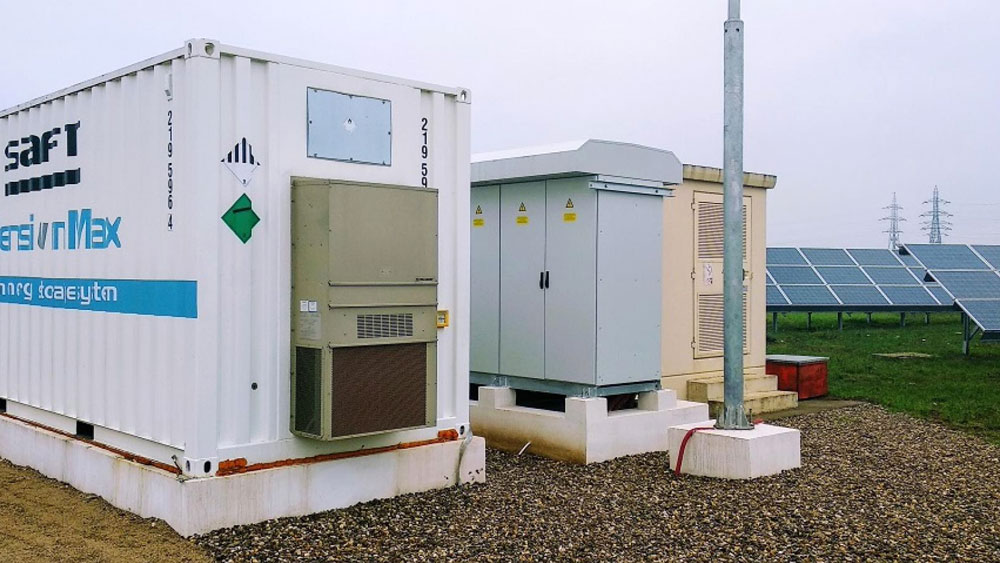ANRE Prepares Licensing of Electricity Storage Facilities
Activities of aggregation and commercial operation of energy storage facilities are carried out based on licenses granted by ANRE, according to a draft order amending and supplementing the Regulation for granting licenses and authorizations in the electricity sector, approved by ANRE President Order no. 12/2015, currently in public consultation.
In Article 10 para. (1) on activities carried out based on licenses granted by ANRE, two new letters shall be inserted, namely:
- i) The activity of aggregation defined according to Regulation (EU) 2019/943 of the European Parliament and of the Council of 5 June 2019 on the internal market for electricity;
- j) Commercial operation of energy storage facilities defined according to the Regulation (EU) 2019/943 of the European Parliament and of the Council of 5 June 2019 on the internal market for electricity ‘General terms for granting licenses’.
Other activities carried out based on licenses granted by ANRE are: commercial operation of electricity production capacities; commercial operation of electricity and heat production capacities in cogeneration; provision of the electricity transmission service; provision of the system service; provision of the electricity distribution service.
ANRE representatives mention that the draft order aims at the implementation of provisions of Regulation (EU) 2019/943 of the European Parliament and of the Council of 5 June 2019 on the internal market for electricity regarding the objective of ensuring the security and safety of electricity supply and that of flexibility of the electricity market, by enabling energy storage and by facilitating the aggregation of the distributed demand and supply, in the form of licensing of these activities, which allows non-discriminatory access to the market of all the suppliers of resources and electricity customers.
In Romania, the first energy storage station was inaugurated by EDP Renewables in Constanta, in Cobadin 1 Wind Park. The station has a capacity of 1MW and through it the energy surplus produced can be stored in batteries and subsequently released depending on demand or necessities.
Energy storage systems based on accumulators are highly sought after, as they provide utility companies with load balancing services in the power grid with an extremely fast response. Moreover, through their modular nature, they represent a solution can be extended in time. The potential of this technology is so high that it is expected to install energy storage capacities of about 11 GW, by 2020, in 22 countries, according to Navigant Research. For this year it is estimated that, at global level, the storage capacity will reach 25,000 MW, which means twice and a half the hourly consumption of Romania in peak periods.
In 2030 it will reach 346,000 and in 2040 – 1,095,000 MW.



